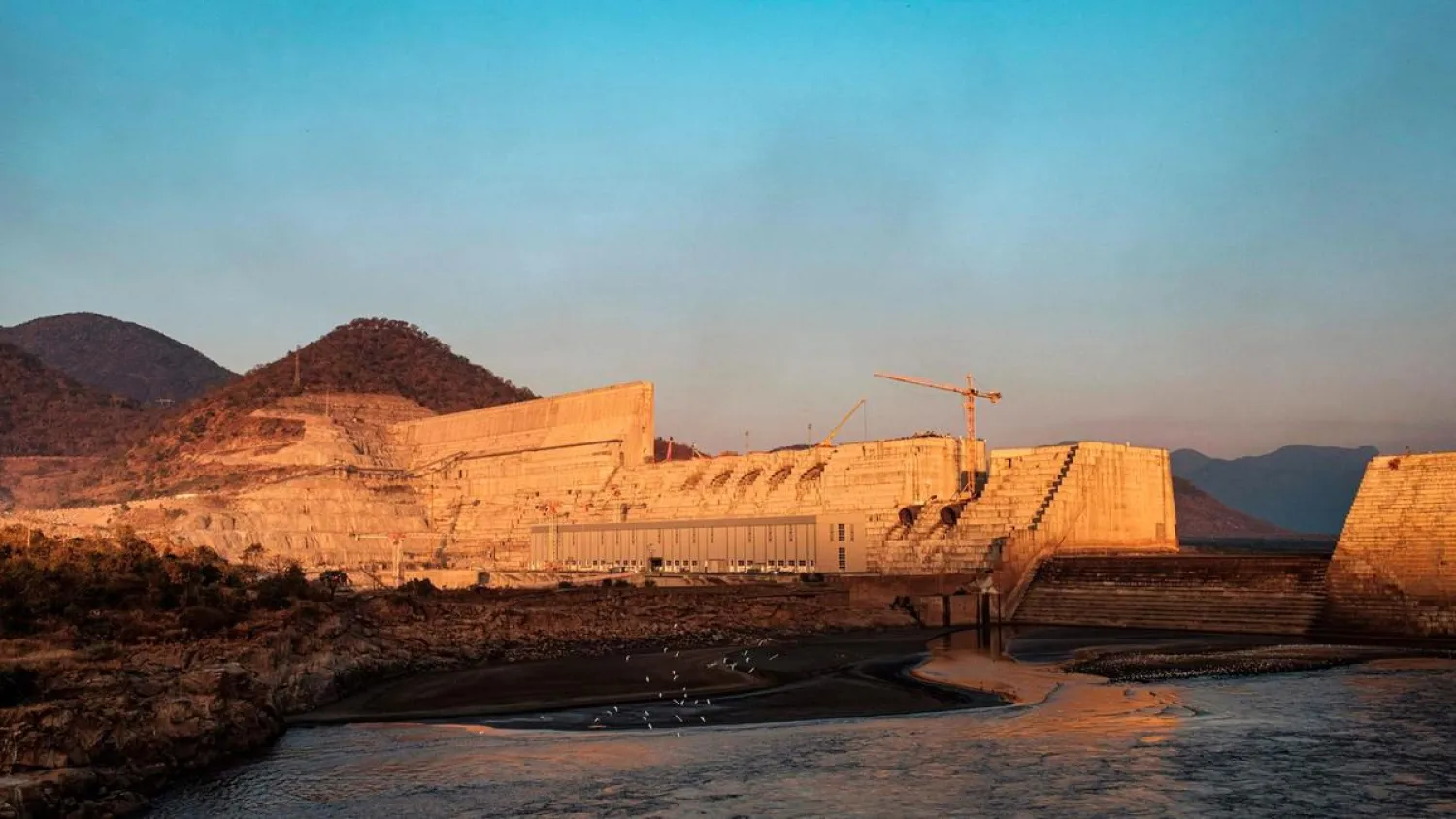Ethiopia seems to be very confident in its ability to fill the Grand Ethiopian Renaissance Dam (GERD) despite pressure by Egypt.
Prime Minister Abiy Ahmed stressed on Monday that the decision to fill the dam is “irreversible.”
He said the entire construction was progressing as planned and has reached the filling of the reservoir.
“For us, GERD is a matter of development and national identity that will not hurt Egypt and Sudan,” the premier stressed, adding that “no one can stop us from completing the dam.”
Ethiopia has ignored Egyptian pressure, included threats to file a complaint to the UN Security Council.
Cairo rejects any “unilateral decision” by Ethiopia without reaching a comprehensive agreement that meets the interests of all parties, including Khartoum.
According to former Minister of Water Resources and Irrigation Dr. Hossam Moghazy, Egypt will not object to the first filling process during the upcoming rainy season in July.
However, he stressed that this should be part of a comprehensive agreement that sets the rules for the filling and operation of the $4 billion GERD.
Moghazy told Asharq Al-Awsat that his country counts on the decision to resume the tripartite negotiations in the coming period, based on Sudan’s initiative.
“Arrangements are currently being made with all parties to determine the date and terms of the talks.”
Sudan and Egypt both agree on their rejection to fill the dam reservoir before reaching a comprehensive agreement, while turning to Washington’s authority in the upcoming meeting to resolve controversial issues only, instead of returning to square one of the negotiations.
Sudan, Ethiopia and Egypt had been expected to sign an agreement in Washington on the filling and operation of the dam in February, but Ethiopia skipped the meeting and only Egypt initialed the deal.
These talks are sponsored by the US Treasury department in partnership with the World Bank.
GERD has been under construction since 2011 when Ethiopia kicked off building it near its border with Sudan on the Blue Nile, which flows into the Nile River.
The construction has sparked concerns in Cairo that Egypt's already scarce supplies of Nile waters, on which its population of more than 100 million people is almost entirely dependent, would be further restricted.









